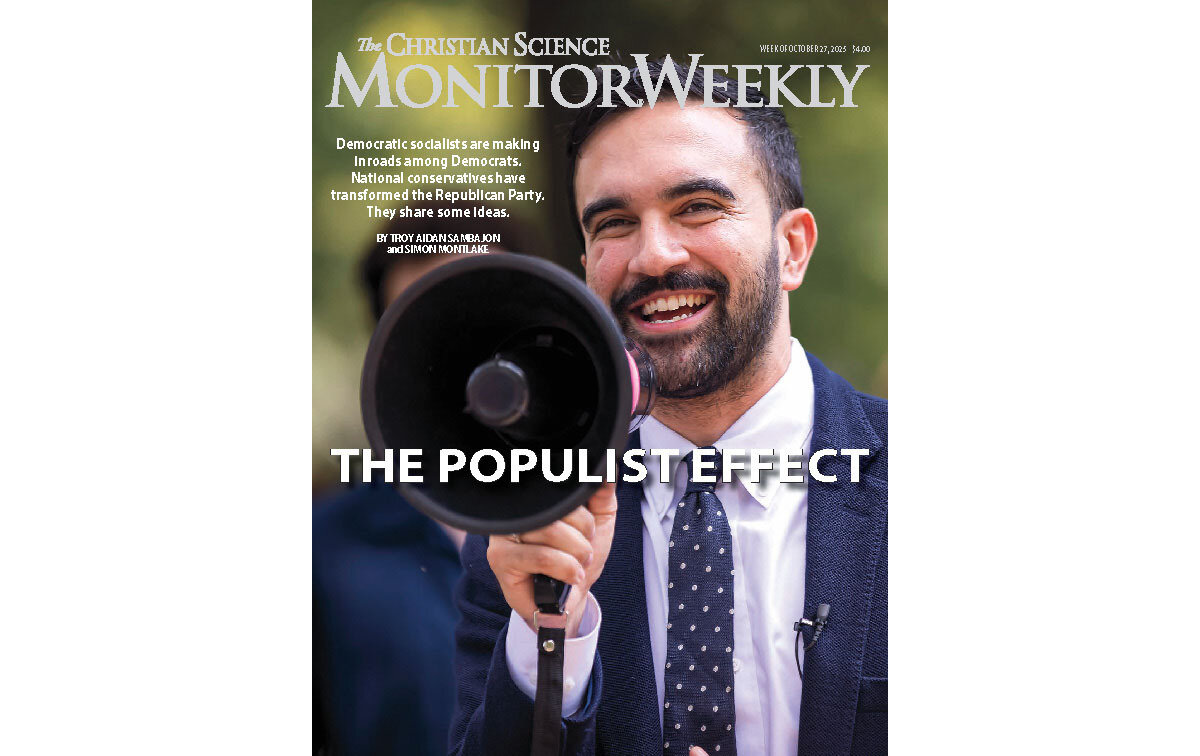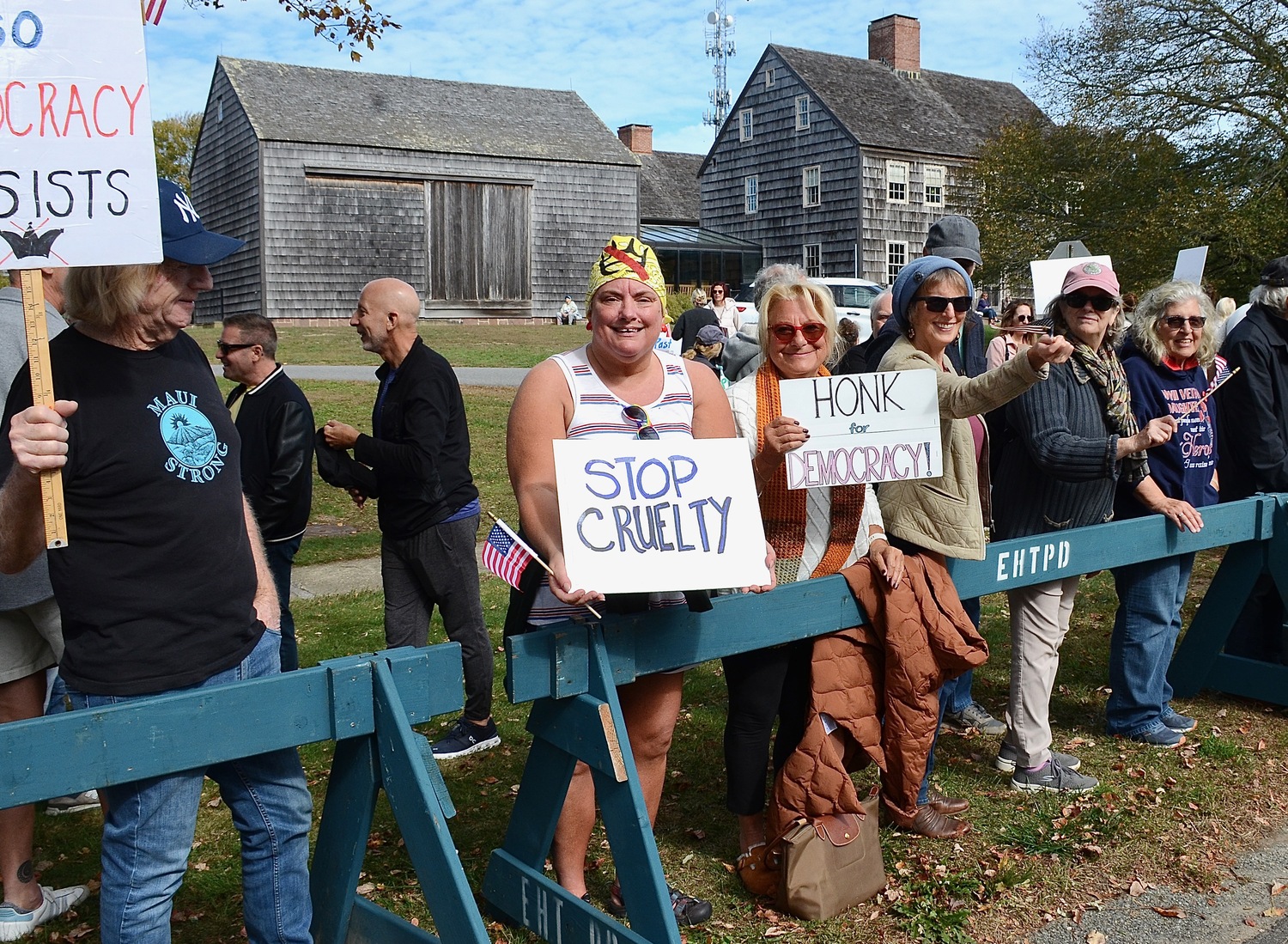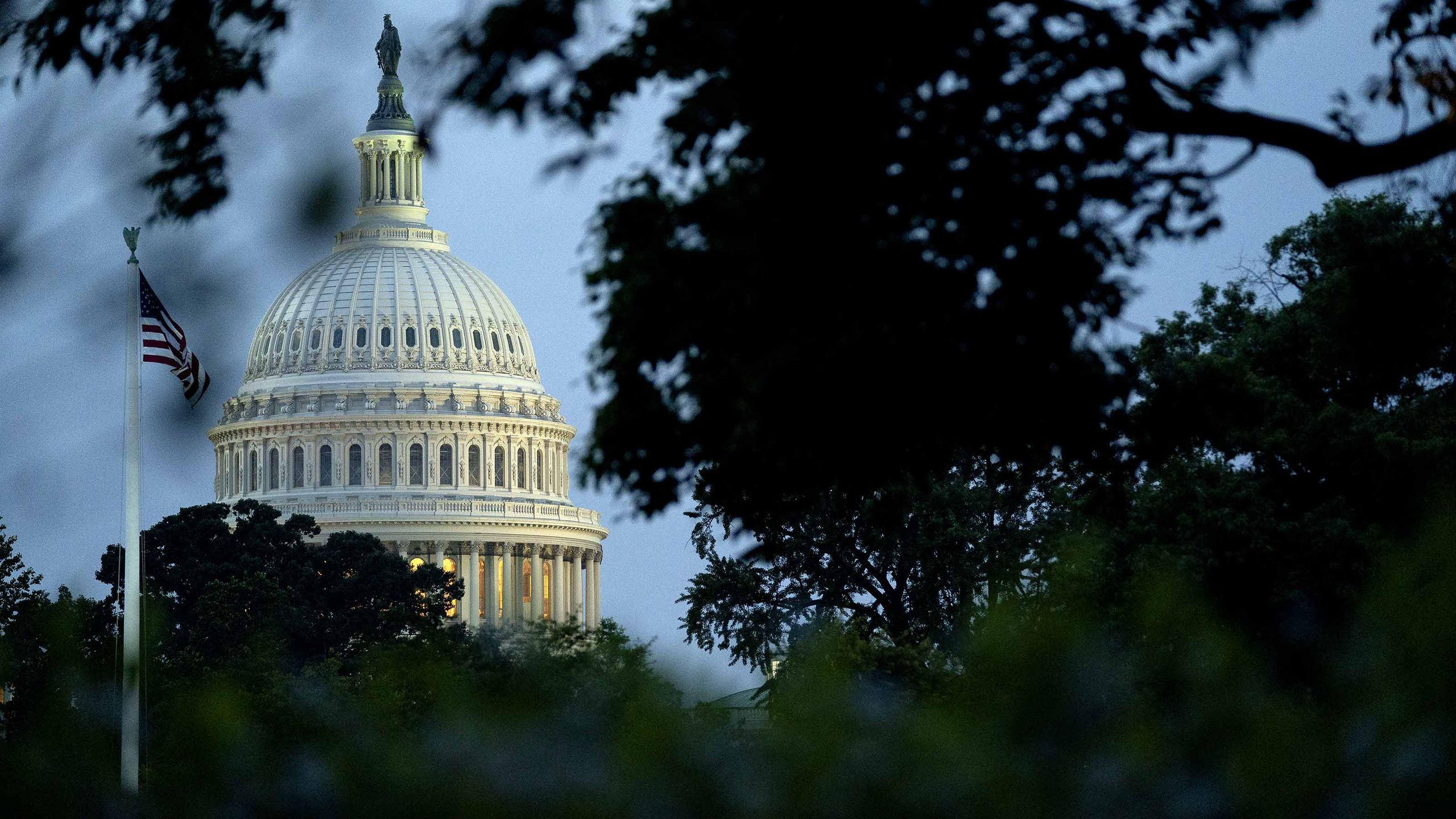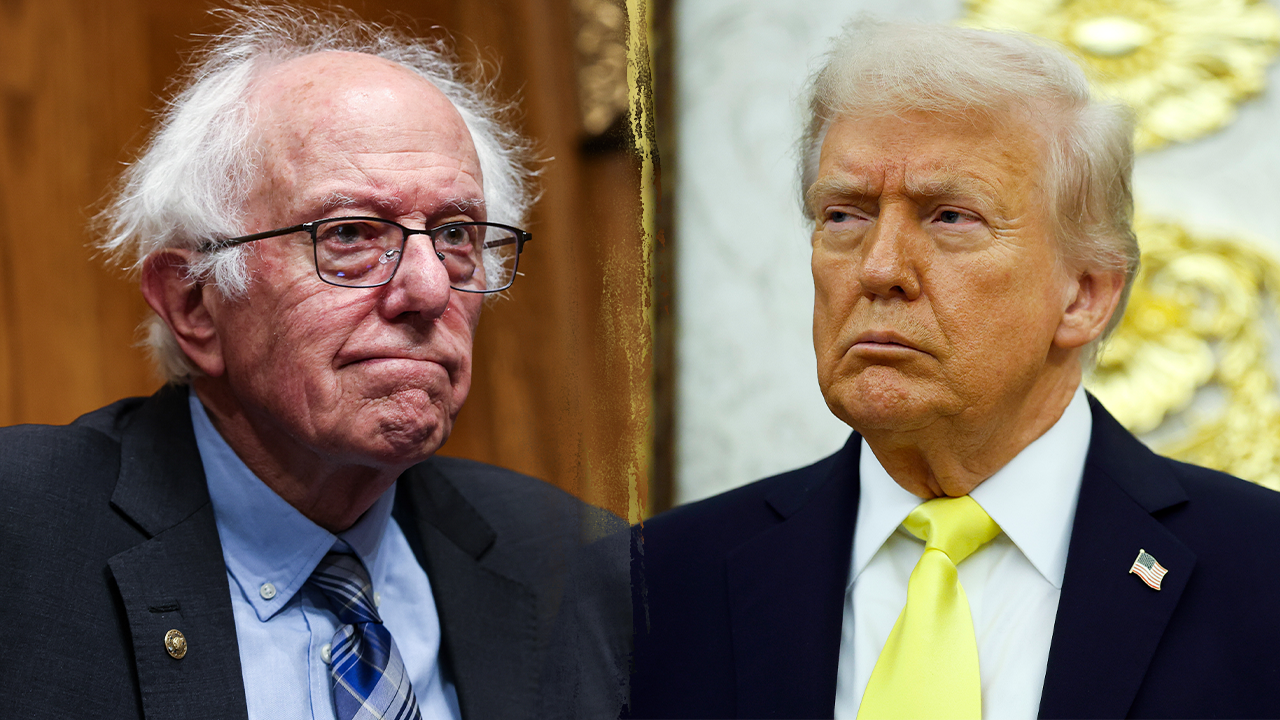Copyright newstatesman
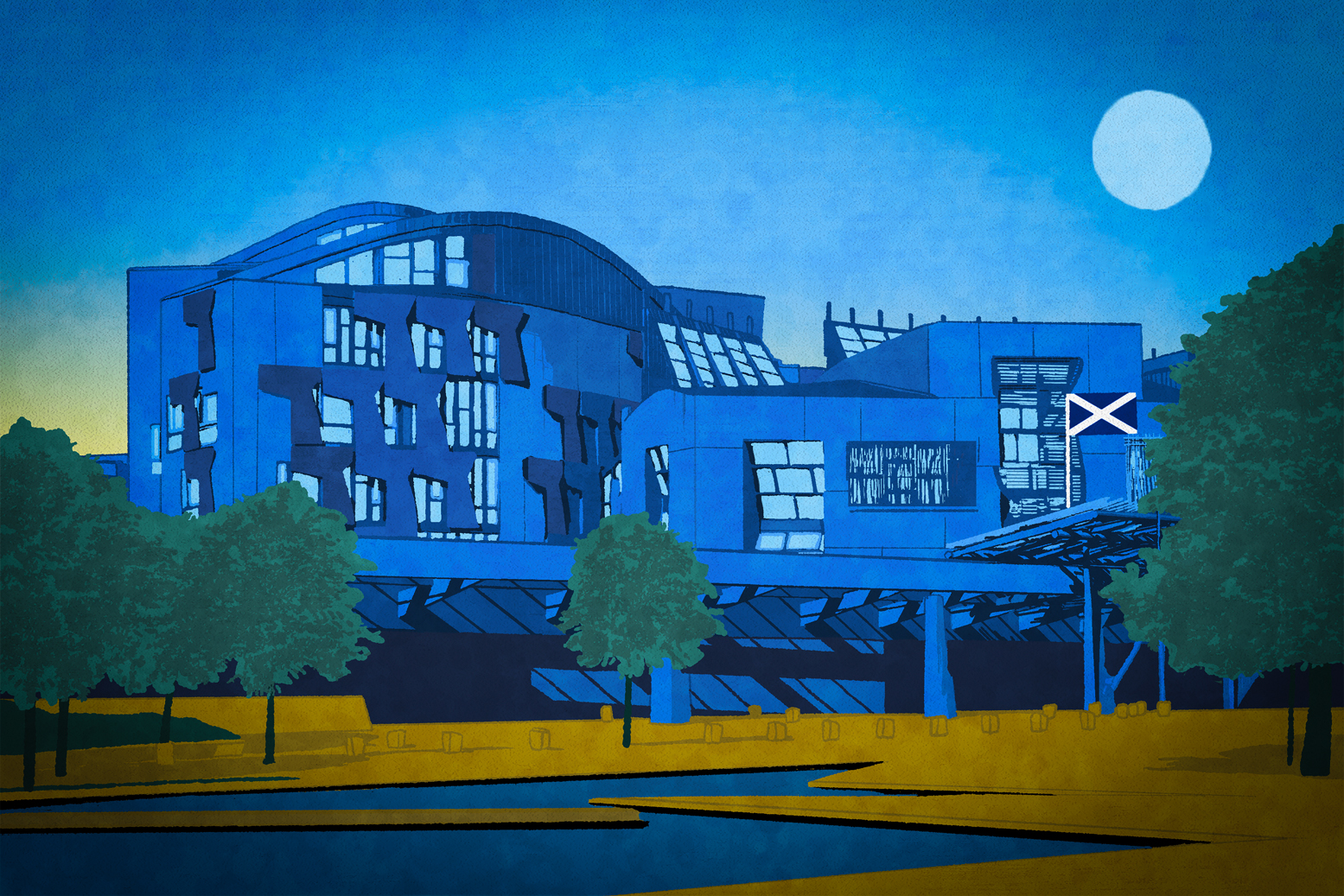
It was the final session in an all-day conference on the future health of Scotland. Attended by more than 100 clinicians and other interested parties, the tone until that point on Monday had been one of determination, hope and optimism that the nation’s struggling NHS and social care system could be successfully reformed through collaboration and cross-party working. Experts were there to tell us that this has been the case in other countries, including Denmark, Ireland, Australia and Japan. The health establishment was explicitly voicing its support. That final session, the politicians, was the tricky one, though. We had Neil Gray, the Health Secretary, and the opposition parties’ health spokespeople: Labour’s Jackie Baillie, the Lib Dems’ Alex Cole-Hamilton, the Tories’ Brian Whittle and the Greens’ Patrick Harvie. The mood of concord quickly soured. I asked the audience whether they wanted to see health taken out of the political cycle, out of the overly tribal politics that scars today’s Holyrood, and for a ten-year national strategy to be developed and agreed between the parties, much as the Smith Commission of 2014 saw them strike a deal on new powers for Holyrood. All but a few raised their hands in agreement. I then asked the politicians whether they were up for it. The answer was a flat no: they would instead continue to take lumps out of one another. The grim outlook was captured by Cole-Hamilton, who turned to Gray and said “I like you, Neil, but…” If you have to say it… Holyrood was not supposed to be like this. The chamber is designed in a horseshoe shape, rather than Westminster’s two swords’-length distance, to encourage collaboration. The voting system is designed to avoid any one party winning an overall majority, forcing parties to work together in the European way. But decades of hostility, mainly over the constitution, have taken their toll. Our politicians may like each other well enough, they may even agree on a fair amount, but there’s no real trust between them. This is a barrier to reform. If everything is a political football, then common sense goes out the window. One might think that health, and Scotland’s world-beatingly poor record in the area, provides the perfect platform for cross-party working, for country before party. But no. This is, arguably, a national tragedy. Earlier in the day, we heard from Stephen Boyle, the Auditor General, who pointed out that health spending constitutes 40 per cent of Holyrood’s budget. This is projected to rise to 55 per cent by 2075, an astronomical sum which would have major implications for spending in pother key areas, and for tax levels. Collaboration was essential, said Boyle, if this crisis was to be addressed effectively. Everyone knows the reality of the situation. The health system is often stretched beyond capacity, it is overly complex, and it too often fails to meet people’s needs. At the same time, data shows our health is deteriorating, inequalities are widening, and we have an ageing population which places a growing demand on NHS and social care services. Fundamentally, the status quo is not an option. A social care system worthy of the name must be created. Resource must be shifted from treating sickness to preventing it. Technology must be embraced. Efficiencies must be found. The public gets it – the NHS is the electorate’s main priority going into next May’s Holyrood election. My think tank, Enlighten, which hosted the conference along with Chest Heart & Stroke Scotland and the Royal College of Physicians, published polling which showed that 93 per cent think the NHS needs either “significant” or “moderate” change and reform, with 88 per cent thinking the same of social care. A whopping 71 per cent of Scots think the NHS is worse now than ten years ago, and 77 per cent think it will be worse still 10 years from now. Eighty-eight per cent believe healthcare should remain free at the point of use, but 50 per cent would use the private sector. That latter figure – it would have been nowhere near that a decade ago – shows just what a loss of confidence there has been in the state system. Now, six months or so out from an election, it may have been asking a bit much for those competing against one another in it to declare peace and agree to work together. But the likely outcome of that election suggests that is exactly what they need to do. Polls repeatedly show Reform UK is on course to win as many as 20 of Holyrood’s 129 MSPs. No one party is likely to have overall control, so it will be a combative parliament of minorities stretching from far left to far right. Scotland’s voters are as sick of mainstream politics, and its apparent inability to address the deep challenges facing our public services and our economy, as they are across the rest of the West. How do you tackle this? Howe do you stop the drift, and the rot? In part, by showing the mainstream can deliver, that the centre can hold. It’s hard to avoid the conclusion that the only way to do this is for the two big beasts, the SNP and Labour, to find ways to set aside their differences and show that they can work together when required in the national interest. I don’t for a second believe there will be some Nat-Labour formal coalition after May, but there doesn’t need to be if they can combine to agree and deliver a course of action across several parliaments on issues such as health. Otherwise, short-termism and cheap point scoring will continue to rule the day. Polls show that most Scots believe the Scottish Parliament has been a disappointment over the 26 years of its existence. It’s hard to disagree with that view, and it is a dangerous one. This loss of faith can only be the fault of those politicians who have consistently lacked ambition, courage and a vision for a better nation. From my experience on Monday, I’m sorry to say that nothing is about to change. [Further reading: The SNP has run out of ideas]
